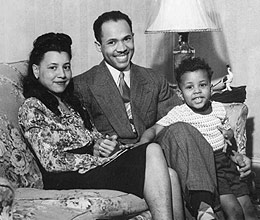
As Black folks are dying from Coronavirus at disproportionate rates, we cannot just talk about co-morbidities. We must seriously discuss medical racism and how once you are diagnosed with Coronavirus, you are isolated. And there is no one with your best interest at heart to advocate for you. Black folks, all of us, have at least one horror story about how if we hadn’t intervened or if someone had not intervened on our behalf with a doctor or team of doctors, the outcome might have been fatal.
I know I have my share of stories even going so far as to pull a Ralph Ellison “Invisible Man” and open a sealed envelope that a pediatrician gave me to hand off to the emergency room attendant because I questioned the pediatrician’s treatment of my son in her office. Lucky for me that I opened the letter because that racist pediatrician, who happened to be Pakistani, had recommended that social services intervene (you know, even foreigners see Black women as inept mothers. And how dare I question her treatment protocol). When the pediatrician came to visit my son in the hospital after attending a cocktail party, I not only ran her the riot act and obtained a new pediatrician, but I reported her for being intoxicated on the job. If you are on call, you are not supposed to be consuming alcohol.
So, let’s make sure that we have a margin of error for the fact that some of these deaths can be attributed to race-based biases that often do not promulgate positive outcomes for our health.
(Photo Credit: Praxis Center)
